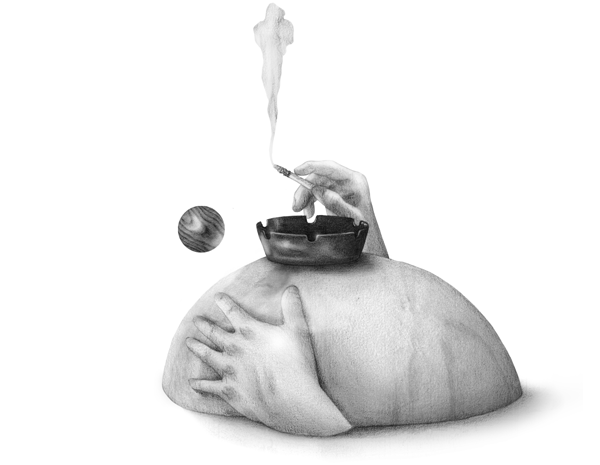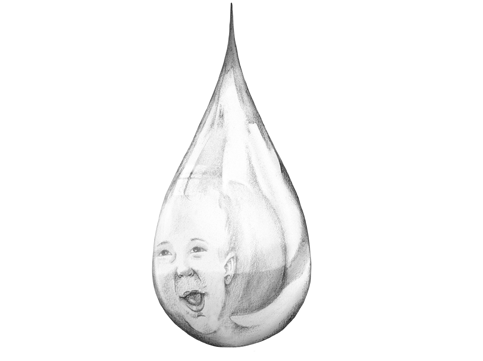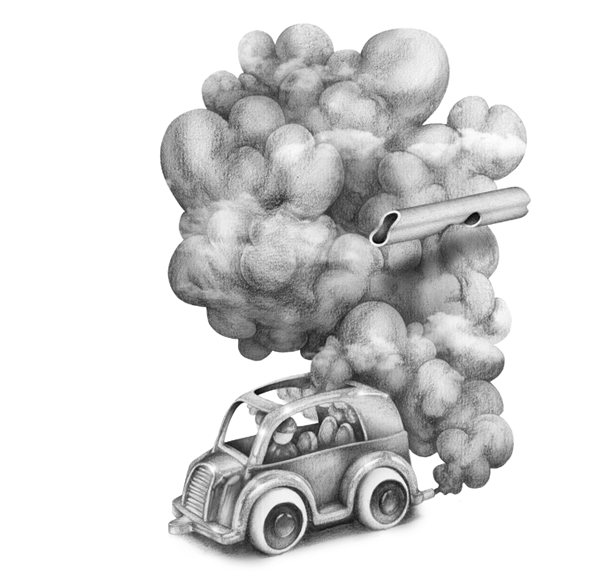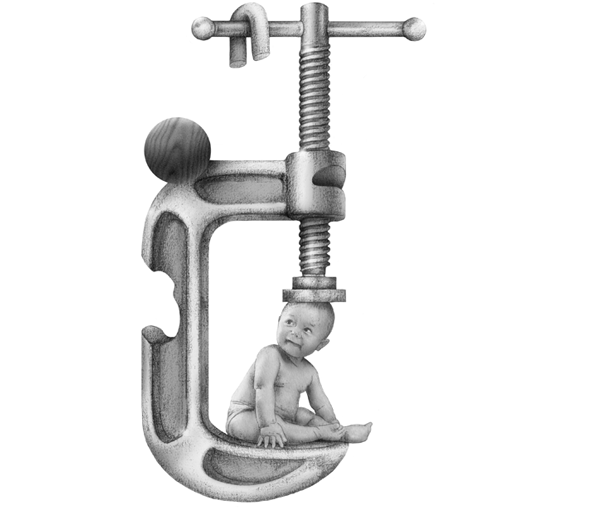›
A child as small as a cigarette
Smoking slows the growth and development of the foetus.
Smoking greatly increases the risk of the foetus having growth disorders or being malformed. Foetuses that have been exposed to smoking also have more organ anomalies, such as heart lesions and cleft lip and palate. Smoking also impairs the lung function of the foetus and exposes it to infections, which can lead to premature birth. The mother can also pass infections along to the child during birth.
Smoking causes premature birth and low birth weight, which are risk factors for both maturation of the lung tissue and breathing. The gases, including carbon monoxide, contained in cigarette smoke prevent the lung alveoli and bronchi of the foetus from growing properly. Babies born to mothers who smoke often score lower in lung function tests.
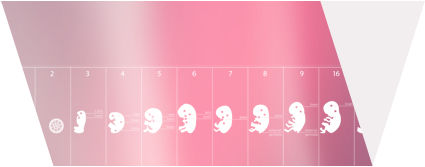
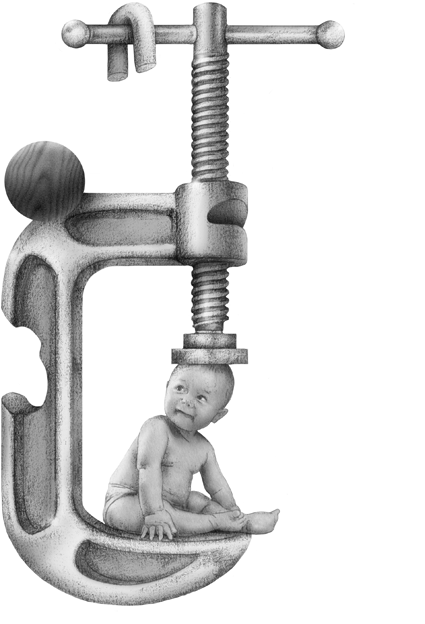
If the mother quits smoking during early pregnancy, foetal growth usually returns to normal. At the same time, the risk of premature birth, separation of the placenta and foetal death decreases to the same level as that of non-smokers.
Disturbances in the growth of the foetus are caused by impaired placental circulation and functional capacity. The placenta of smoking mothers is larger and heavier than normal, because it is trying to give the foetus an adequate supply of oxygen. An enlarged placenta carries a higher risk of premature separation, which often leads to premature birth. Separation of the placenta can endanger the lives of both the foetus and the mother.
Babies of smoking mothers are often born with lower weight and in poorer condition than babies of non-smoking mothers.
Smoking greatly increases the risk of the foetus having growth disorders or being malformed. Foetuses that have been exposed to smoking also have more organ anomalies, such as heart lesions and cleft lip and palate. Smoking also impairs the lung function of the foetus and exposes it to infections, which can lead to premature birth. The mother can also pass infections along to the child during birth.
Smoking causes premature birth and low birth weight, which are risk factors for both maturation of the lung tissue and breathing. The gases, including carbon monoxide, contained in cigarette smoke prevent the lung alveoli and bronchi of the foetus from growing properly. Babies born to mothers who smoke often score lower in lung function tests.


If the mother quits smoking during early pregnancy, foetal growth usually returns to normal. At the same time, the risk of premature birth, separation of the placenta and foetal death decreases to the same level as that of non-smokers.
Disturbances in the growth of the foetus are caused by impaired placental circulation and functional capacity. The placenta of smoking mothers is larger and heavier than normal, because it is trying to give the foetus an adequate supply of oxygen. An enlarged placenta carries a higher risk of premature separation, which often leads to premature birth. Separation of the placenta can endanger the lives of both the foetus and the mother.
Babies of smoking mothers are often born with lower weight and in poorer condition than babies of non-smoking mothers.

